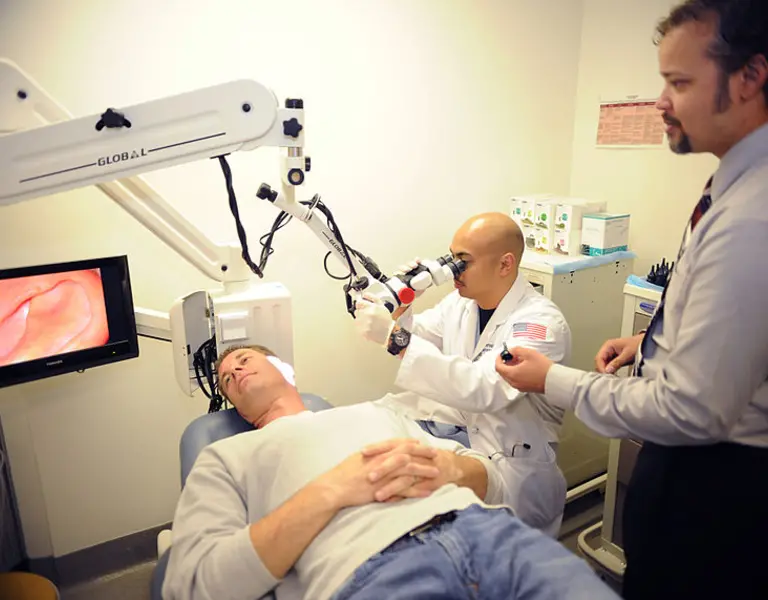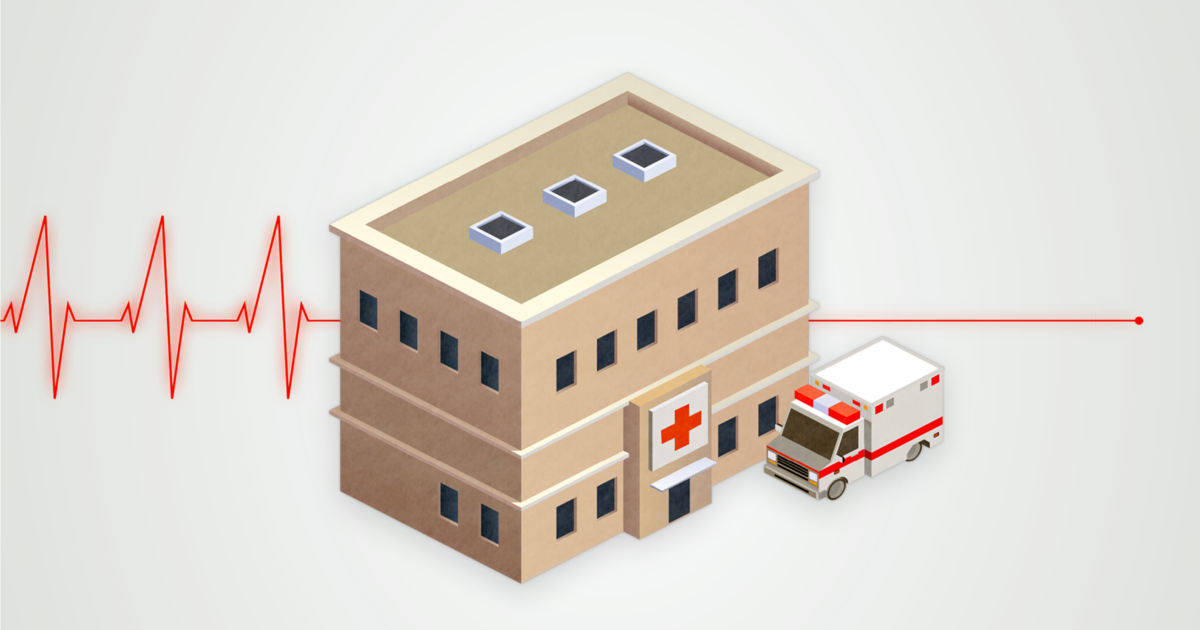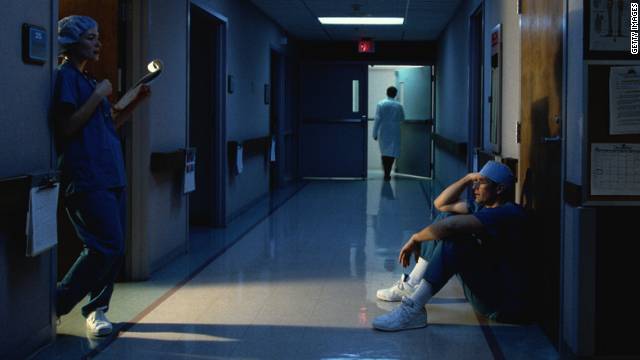How have 1,2, and 4 contributed to a shortage of doctors?
1. The privatization of health care inevitably results in profit-seeking models of care. One of many issues with this is that primary care (family practice), though being the least expensive type of care and most efficient towards producing positive long-term health outcomes, is also the least profitable and thus becomes disincentivized by a profit-seeking system. The need for regular high-quality primary care is neither valued nor advertized by the privatized system, and thus patients end up in worse health and occupying far more of the hospitals' resources in emergency care and specialists. These sicker people are using up more doctor resources in the end and thus placing a greater burden on the entire system, but the private system does not mind this because those emergency and specialist services are high-profit. They're okay if more doctor time is used so long as it is high-cost doctor time, they're okay if the patients are sicker so long as they're making money off of it.
Privatized systems also force family care and general practitioners to provide a lower standard of care, rushing them from patient to patient in low-quality quick consultations that are appreciated by neither the patient nor the doctor. Combined with the remarkably low pay of primary care doctors related to other doctors, this has led to intensely high burnout rates. Primary care physicians now occupy just 30% of the US doctor supply (down from 50% a couple generations ago), and projected doctor shortages show much greater gaps in primary care than in other specialties. The average age is also highest here - 70% of doctors in primary care are over 55.
Obviously related side note: the three lowest-paid doctor specialties are family practice, internal medicine, and pediatrics. These specialties make $89-$96 an hour. That means half the doctors in those specialties are making
less than that. Did you know there are American doctors making just $60 or $70 an hour? Meanwhile, specialties like Emergency Medicine, Cardiology, and Orthopedic Surgery pay on average $168 to $190 an hour. It's no surprise that we're seeing the biggest doctor shortages in the places where they would actually do the most good.
According to a new survey, the average doctor salary increased in 2021. Here are the figures for how much physicians make in a year.

www.whitecoatinvestor.com
Of course, a privitized profit-driven system also incentivizes overbilling and other forms of fraud, which sadly are rampant in the US health care system. Every bit of health care spending that is diverted away from actual care reduces the spending that could be directed towards more physician salaries and helpful care.
2. The chart showed how hospital administration staffing has increased remarkably while doctor staffing has flatlined. The major reason behind this is the insurance industry. The USA has so much higher administrative costs than other Western countries because hospitals and doctors have to devote so much larger resources to fighting with insurance companies. If you're spending more on administration, you're spending less on doctors.
Insurance burdens also impact the doctors themselves. Studies show that American doctors spend 50% more of their own time on administrative work than Canadian doctors do, again largely due to the burdens on them created by the US insurance industry. This is expensive, it reduces how much time doctors can spend on actual care, and it leads to greater burnout.
In 2018, Health Affairs launched the Council on Health Care Spending and Value, a nonpartisan, expert working group that will, over the course of three years, develop recommendations about how the US could take a more deliberate approach to moderating health care spending growth while maximizing...
www.healthaffairs.org
Reforms to cut waste in health care financing would save billions of dollars annually.

www.americanprogress.org
4. You have to do a residency to become a doctor in the USA, and there simply aren't enough residencies available to match the demand for physicians. This residency bottleneck is extremely troublesome because it means that even if we expanded the # of medical school graduates, they simply wouldn't have residencies to go to and thus still couldn't become doctors in the timeframe needed to replenish the system.
Why is there a residency bottleneck? There simply isn't enough government funding in the system to provide the residencies necessary, and the private system doesn't want to fund those residencies unless they profit from them. That's an additional reason why the physician shortage is worse in the most-needed places - why would a private healthcare system fund a primary care residency if they don't profit much off of primary care?
Throughout the healthcare world, doctors and policymakers have started to rally against a somewhat enigmatic but increasingly recognized problem: a "residency bottleneck" that threatens to exacerbate...

pulitzercenter.org
The U.S. medical residency pipeline is broken and in dire need of reform.

www.niskanencenter.org
Experts warn that recent health care and immigration policies could worsen an ongoing doctor shortage, raising the question of why the government doesn't train more doctors.

www.cnn.com







